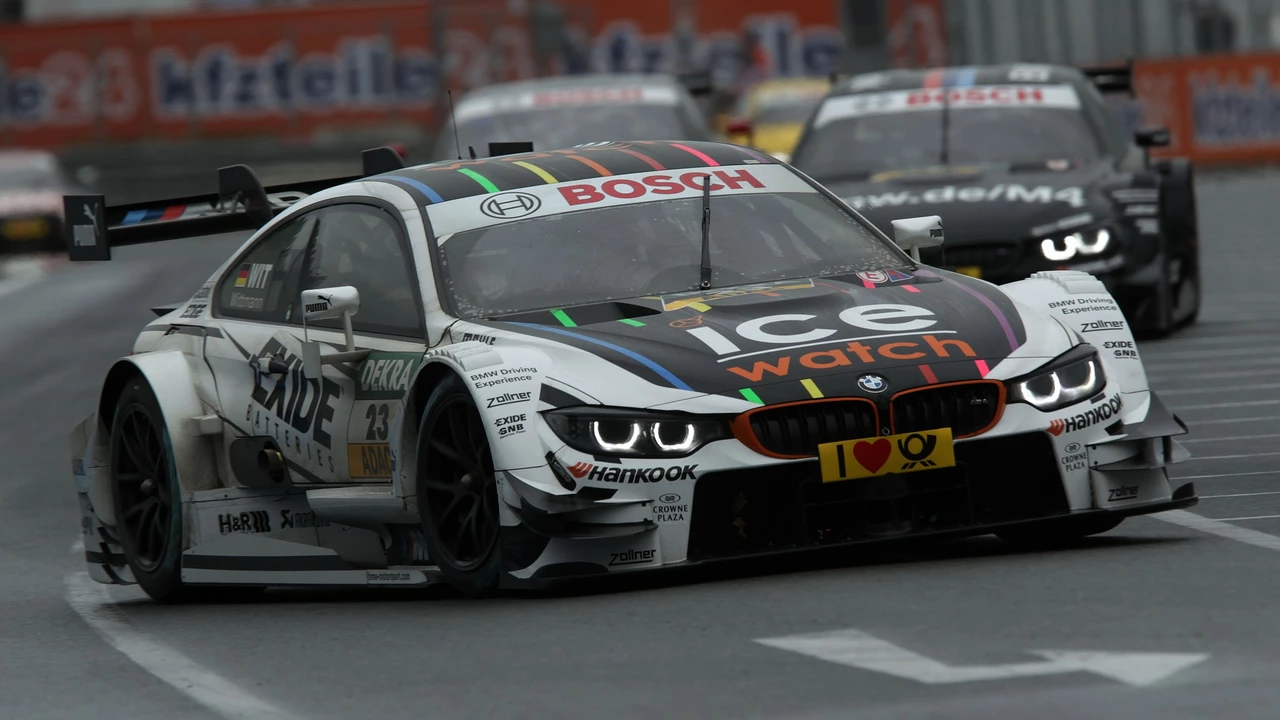Origins of the Term 'Pole Position'
The term 'pole position' is commonly used in racing, specifically in auto racing, to denote the position of the fastest qualifying driver, but have you ever wondered why it is called 'pole position'? The phrase has a fascinating history that dates back to horse racing. In the early days of horse racing, the fastest horse was given the inside track position next to the pole, hence the term 'pole position'. This term was later borrowed by auto racing, and it now signifies the driver who has the fastest qualifying time.
Importance of the Pole Position
Being in the pole position is a significant advantage in racing. This privileged spot allows the driver to avoid the chaos that often occurs at the start of a race. Drivers in the pole position can also control the pace of the race right from the beginning, giving them a head start. Furthermore, the pole position often indicates that the driver and their team have done a fantastic job during the qualifying rounds, suggesting a strong performance in the actual race.
The Role of Qualifying in Determining Pole Position
Qualifying is critical in determining who gets the pole position. During these rounds, drivers compete to set the fastest lap times. The driver with the quickest lap time is awarded the pole position. Qualifying rounds are thus an essential part of race weekends, as they determine the starting order of the race and can significantly impact the outcome of the race.
Historical Significance of Pole Position
Throughout the history of auto racing, achieving pole position has been a significant accomplishment. Many legendary drivers have made their mark in racing history by consistently securing the pole position. Some drivers, like Ayrton Senna and Lewis Hamilton, have even become famous for their ability to secure pole positions. The ability to secure the pole position is often seen as a testament to a driver's skill and the performance of their team.
Pole Position in Different Racing Series
The concept of pole position is not exclusive to Formula 1 racing; it is used in various racing series, including NASCAR, Indycar, and MotoGP. In each series, the method of determining pole position may vary. For instance, in NASCAR, the pole position is determined by two rounds of qualifying, with the fastest driver in the second round securing the pole. In contrast, Formula 1 uses a three-stage knockout qualifying system to decide the pole position.
Controversies Surrounding Pole Position
Despite its importance, the pole position has not been without controversy. There have been instances of teams and drivers being accused of using unethical tactics to secure the pole position. In some cases, rules have been changed or clarified to maintain the integrity of the qualifying process and the pole position. These controversies highlight the high stakes involved in securing the pole position and the lengths to which teams and drivers will go to achieve this coveted spot.
The Future of Pole Position
As auto racing evolves, so does the significance and process of obtaining the pole position. New technologies, changes in rules, and different racing formats could all potentially alter how the pole position is determined and its importance in racing. Despite these changes, the pole position will likely continue to be a coveted spot in racing due to the inherent advantages it offers.
